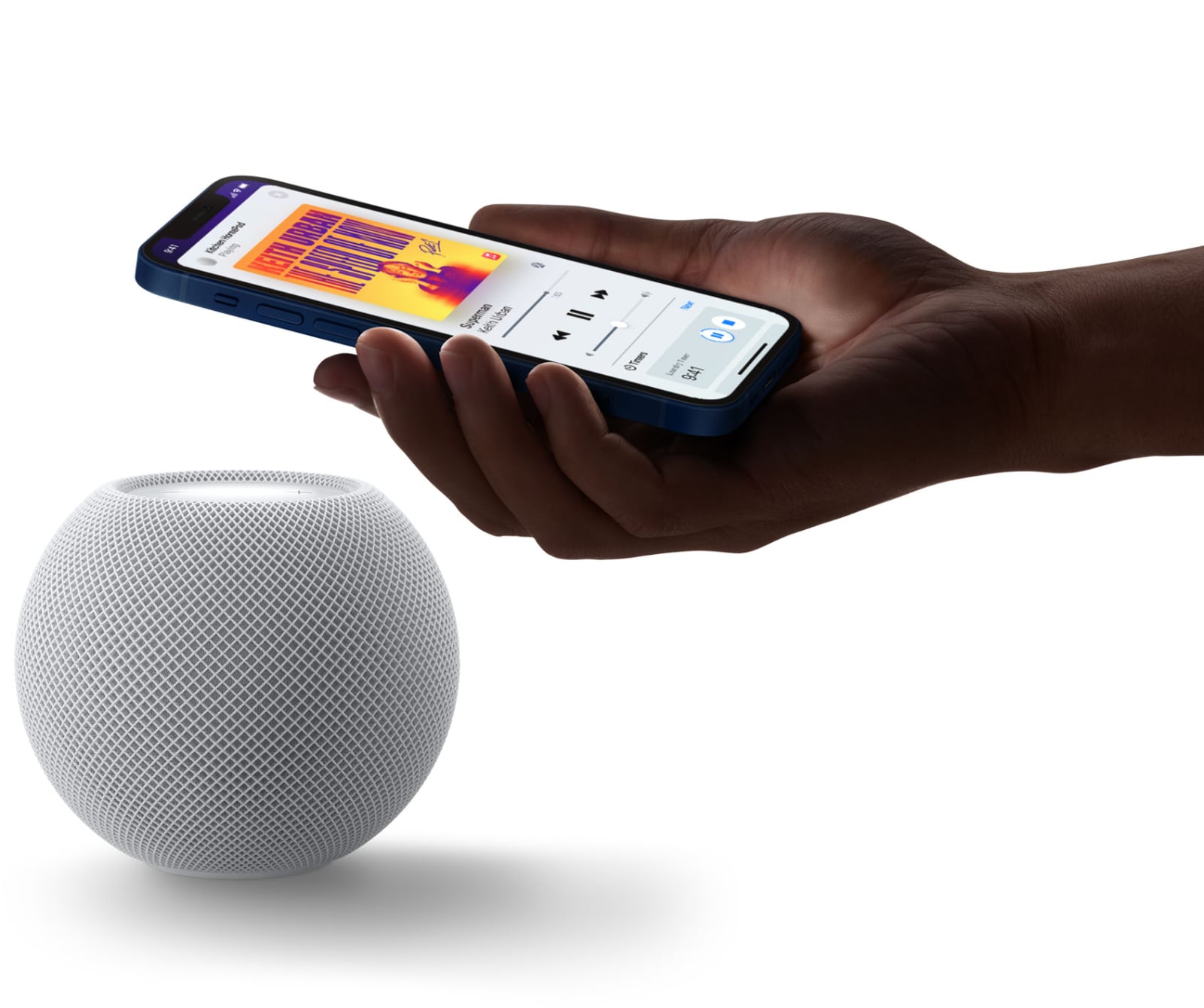
Apple's inclusion of Ultra Wideband chips in its devices has driven growth in research into the technology and its potential applications, according to a new report by DigiTimes.

Ultra Wideband is a short-range, low-power radio technology that is able to provide more precise indoor positioning than Bluetooth LE and Wi-Fi. The distance between two UWB devices can be measured precisely by calculating the time that it takes for a radio wave to pass between them.
Apple's iPhones have included it in the last two series via its custom U1 chip, with other Apple products also supporting UWB. According to today's report, Apple's promotion of Ultra Wideband has been the driving factor behind increased take-up of the technology:
Apple's HomePod 14.4 beta is set to introduce new HomePod mini music handoff functionality that takes advantage of the U1 chip in the device: When an iPhone is near a HomePod mini, it begins a soft haptic touch rhythm that gets faster and faster as the iPhone gets closer, until the interface to transfer a song between the HomePod mini and the iPhone opens.Apple has adopted the UWB technology for iPhone 11 and 12 series, Apple Watch 6 and HomePod mini, while Samsung Electronics has launched UWB-enabled smartphones including the Galaxy Note 20 Ultra and the Galaxy Flip 2 and China-based Xiaomi has also offered a UWB-enabled smartphone model, Digitimes Research indicated.
This functionality will make handoff quicker and more reliable on a HomePod mini and an iPhone 11 or iPhone 12, thanks to the U1 chips that let the devices better understand where they are in relation to one another.
Apple's rumored "AirTags" will also feature ultra wideband tech, according to analyst Ming-Chi Kuo, while Tile is said to be planning to introduce an upgraded series of item trackers that include a UWB chip for more precise tracking.
Apple opened up its U1 chip to developers in iOS 14 with a "Nearby Interaction" framework, which can stream distance and relative direction between U1-equipped devices, paving the way for new spatial-related user experiences.
Just last week, BMW announced future plans to roll out Digital Key Plus, an enhanced version of Apple's Car Keys feature that incorporates Ultra Wideband technology, enabling drivers to unlock and start their vehicle without needing to take their iPhone out of their pocket or bag.
But with more and more products including the technology, there have been some notable (and surprising) exceptions: Apple's 2020 iPad Pro and new AirPods Max headphones don't include a U1 chip and therefore won't be compatible with future potential Ultra Wideband applications.
Article Link: Apple Said to Be Driving Market Growth of Ultra Wideband Applications

